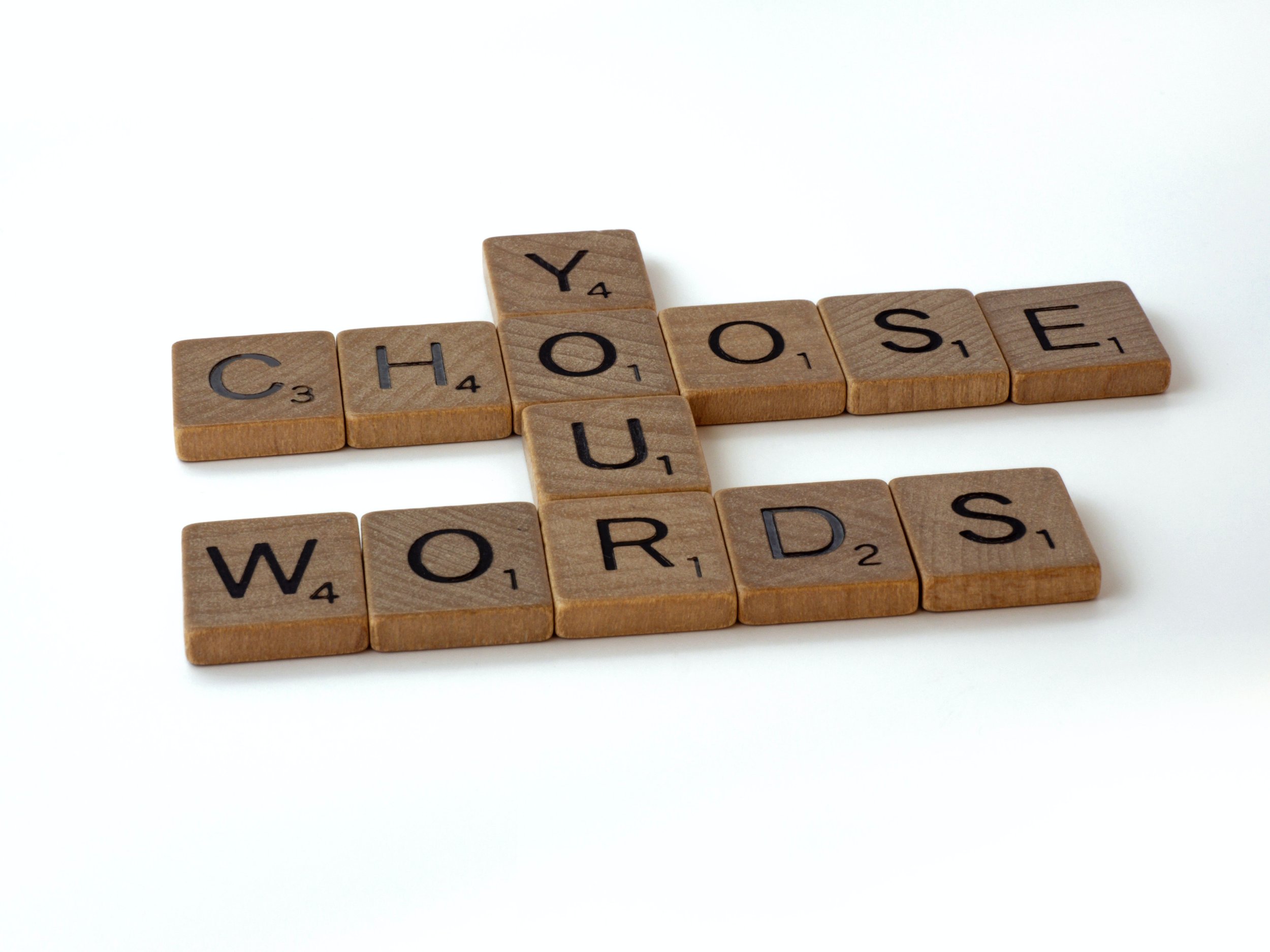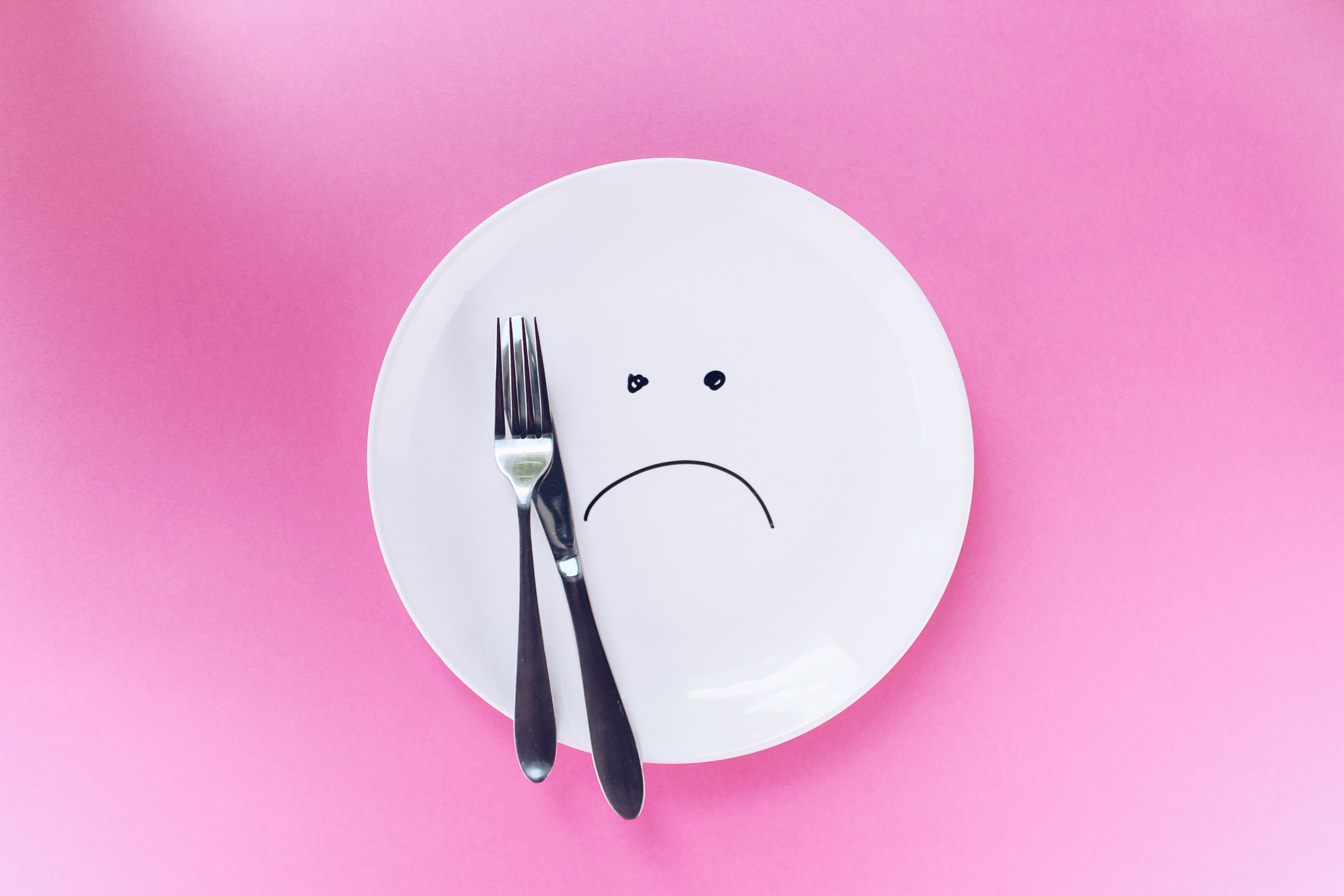Self Esteem

The holidays are now over & it’s time to assess the past year- Are you working too much? Are you feeling fatigued & stressed on a regular basis? Are you isolated & withdrawn from friends/family? Are you experiencing a low mood or poor sleep? Are you having difficulty concentrating or feeling unmotivated? If you answered yes to any of these questions, you may be experiencing burnout.

Getting fired is more common than some may realize. A company can have numerous reasons for letting go of an employee such as budgeting, creative differences, or unsatisfactory performance. It is important that you find ways to navigate this stressful life change.

Validating your partner is a skill that is essential to establishing and maintaining intimacy. When you validate your partner, you are letting them know that you see how they are feeling, their feelings are important to you, and you are giving reassurance that they feel that way. Everyone has a different experience, and those in distress may experience painful feelings for different reasons. What is hurtful for one partner may not be the same for another. Validating your partner is not the same as being in agreement, you can still disagree and validate.

Infidelity in marriages has been a topic of interest for many years, with many studies conducted on the topic. Recently, with divorce rates being what they are in the United States, there has been an increase in the amount of research focused on understanding the causes and effects of infidelity as well as possible ways of minimizing the probability of it occurring.

Words and the language we use in our daily lives have a significant impact on how we view ourselves and the world around us. As many of us have seen or experienced, even how something is worded can influence our interpretation and reaction of what was said. However, this is not only the case for the person listening. The language we use can shape and reinforce our own views, thoughts and mood, for better or for worse. In both scenarios, whether we are listening to someone else or saying something ourselves, the language we use can contribute to how we respond or behave in any given situation.

Mindfulness is the practice of being aware of our environment, bodily sensations, thoughts & feelings. It is a minute-by-minute sense of awareness that is often overlooked, ignored & unnoticed. It is the idea of stopping to smell the roses! Additionally, mindfulness is a form of acceptance. Acceptance of our current thoughts & feelings in a judgement free, unbiased zone. We are usually so quick to judge our thoughts & feelings in a way that can be harmful, therefore mindfulness encourages us to be kinder & more accepting of ourselves.

The rise of social media has been one of the greatest changes our culture has seen over the last two decades. What began as a niche activity for younger generations has become a worldwide phenomenon for everyone of all ages, genders and backgrounds. Social media has allowed us to talk to and engage with friends and family across the globe with ease, access professional services from our homes, receive news and information with the click of a button, and engage in our hobbies and interests anytime and anywhere. However, as social media use continues to become more and more prevalent, and many users find themselves using social media more frequently, many people have found themselves experiencing harmful consequences as a result.

The word “no” is just two letters but can feel so intimidating and off putting to say to others. To some, this can be one of the most difficult words to udder. Despite the want to say “no” to another person, the words “yes, absolutely” or “no problem” can come in its place. Next thing you know, you are committed to a task or an event that you did not want to complete or attend. Saying “no” is an important skill to acquire and practice in order to begin prioritizing your own mental health and emotional needs.

In the mental health field, we focus on ways in which we can feel better by learning effective coping skills to alleviate mental distress. Often enough, we don’t take into consideration how the food we eat impacts not only our physical health, but also our mental wellbeing. Therefore the question is, does our diet affect how we feel emotionally? The answer is an astounding YES!!!

Diet culture can be harmful and put you at risk for developing an eating disorder or form disordered eating habits. Diet culture is a pervasive belief that appearance and body shape are more important than physical, psychological, and general well-being. It is more of an idea that if you can control your body, and more importantly your diet, this is normal. Diet’s emphasize limiting what and how much you eat, it can lead you to count calories or choose low fat and low carb options. You can develop more attention towards weighing yourself frequently and if you don’t reach your weight loss goals or gain weight, this can negatively impact your mood and motivation. Diet culture normalizes labeling food as good or bad and thinking it is more of a transaction. This means, you either earn it or don’t deserve it depending on how much you have exercised or how you have eaten that day or week so far. Beyond this, it can extend to labeling yourself as good or bad for eating some of these foods.